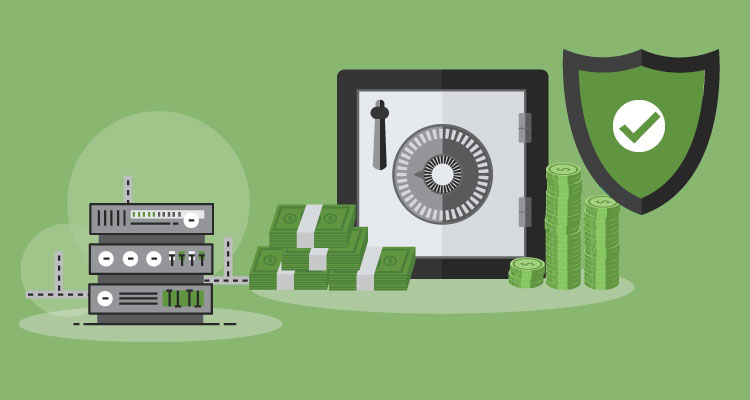While it’s virtually impossible to completely avoid online fraud, there are plenty of ways to mitigate it. First and foremost, you should look to find a payments solution that provides adequate security measures. The majority of online payment solutions and top payment tools are very familiar with online security and can provide assistance whenever it’s required.
There are plenty of different kinds of fraud in the virtual world. From identity theft to page jacking, fraudsters are constantly finding new ways to steal both customer and merchant information. One of the most popular ways to steal data is through phishing. Phishing is essentially an attempt to steal personal information through a disguised entity. The most common form of phishing is done through email, where individuals will receive an email from a seemingly trustworthy website or company. Then, they are directed to a website where they are asked to enter some of their personal information.
Phishing attacks can occur at anytime and target companies of all sizes. Phishing infiltration has increased by 65 percent from 2015 and has caused businesses to lose millions. Here are four ways you can protect your online business from phishing attacks.
Table of Contents
ToggleStay Updated on Technology
As fraudsters find new ways to attack personal data, payment technology fights back with security improvements and other anti-fraud measures. Services like MarkMonitor work to provide businesses with defense against phishing, malware, and other fraudulent attacks.
If you’re using a third-party eCommerce plugin for your online store make sure you are constantly aware of updates to the plugin. Some of these plugins offer added security features for maximum fraud prevention. I strongly suggest spending a bit extra now to avoid any problems in the future.
Manage Employee Access
Being able to delegate work as a business owner is one of the most important aspects of running a business. That being said, it’s extremely important to pay attention to what permissions you’re giving your employees. This is especially true when it comes to you and your customer’s financial information. Businesses will typically give admin permissions to a few individuals in their finance department who handle both company and customer data. The more people with access, the more opportunities for phishing.
A phishing attempt can fool nearly anyone. Here are a few general rules to follow so you can protect your admins.
- Limit Access: Only give admin control to a few well trusted individuals. The more employees with access to this information the higher chance your data will be compromised.
- Rotate Passwords: You should use randomized usernames and passwords for logins and rotate them through. If you use a cloud password service like Portadi, you don’t have to worry about giving out the new password each time.
- Avoid Email: Whether its to reset a password or send information, avoid communication over email as this is the most vulnerable area to a phishing attack.
Use a Firewall
It’s always a good idea to add as many layers of security as possible. A firewall puts an extra step between your server and data. The firewall will carefully scan through the data that passes through it. A firewall will help filter out any unwanted traffic, spam, and fraudsters looking to go phishing.
Companies like Cisco and Fortinet provide firewall solutions for small businesses. I suggest going with a well known name and don’t try to nickel and dime too much over cost. Protecting you and your customer’s information is more important than spending a bit extra each month.
Educate Your Team
Even with the strongest security systems in place, human error still prevails from time to time. If you and your team aren’t up to speed on the best security practices you are increasing the chances of a data breach. Start with the basics and then continue to educate as you go. Here are a few basic practices:
- Backup your files: This is arguably the most important and easiest practice to execute. In the event of a data breach, it may be best to wipe your data so the cybercriminal comes up empty handed. Make sure your files are backed up to a third party server preferably in the cloud.
- Restrict wifi usage: Very rarely are we solely confined to our offices. We live in a generation where employees are constantly on the go working from various devices. It’s absolutely imperative that you only use trusted wifi networks.
- Never open unsolicited emails: We all get the rather obnoxious sales emails and normally send them straight to the trash. That being said, you should do the same with ANY unsolicited email especially ones with an attachment.
It’s important that we all stay safe online. Fraudsters have plenty of options to choose when embarking on a cyber attack. Let’s use these four tips to keep phishing outdoors and away from our businesses.














